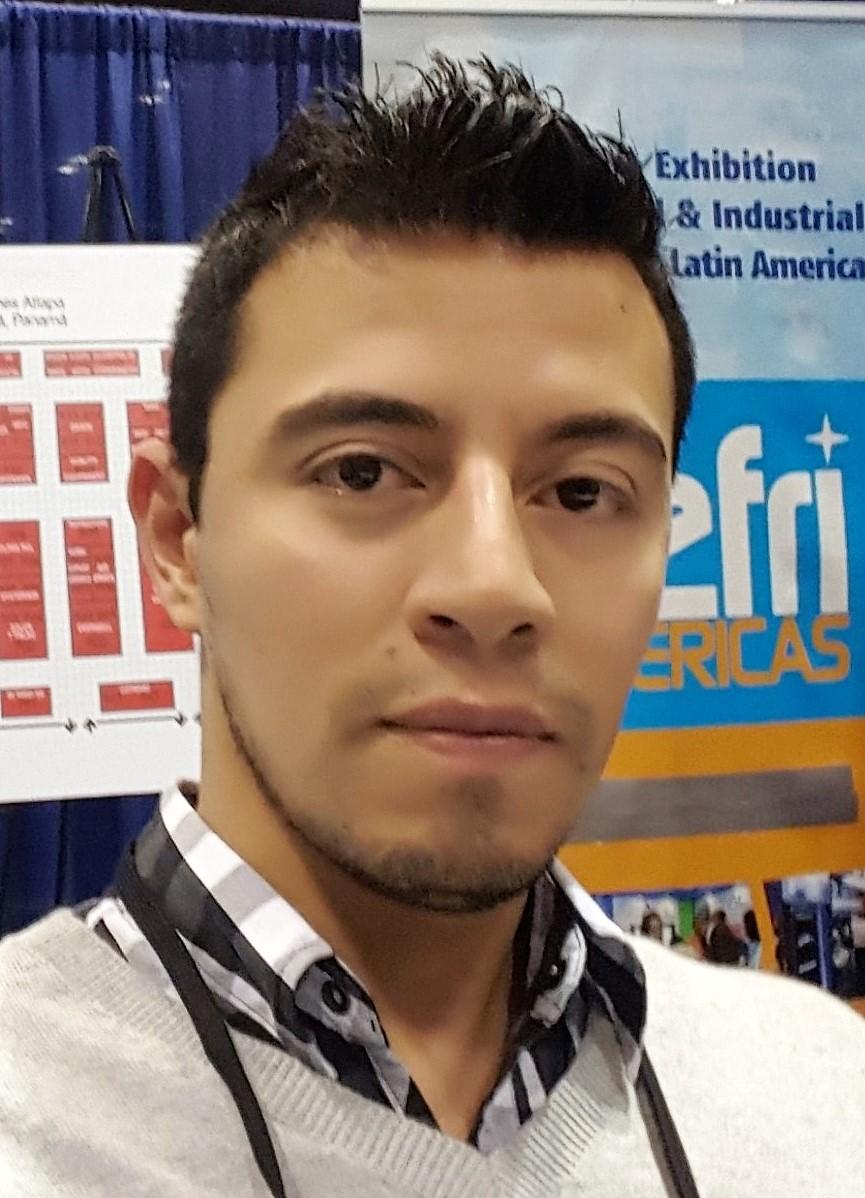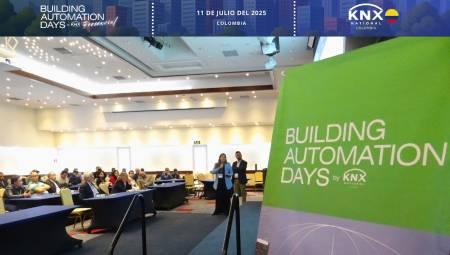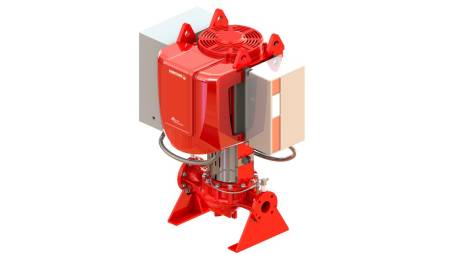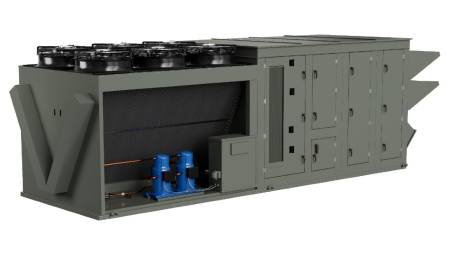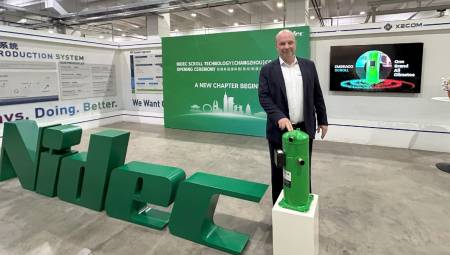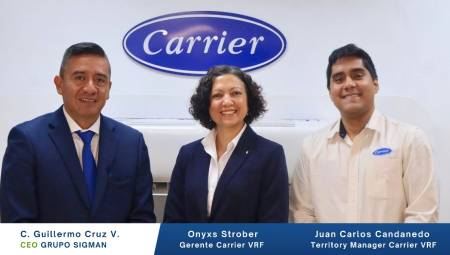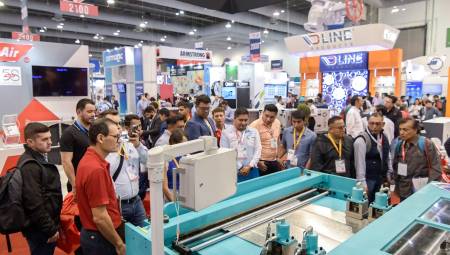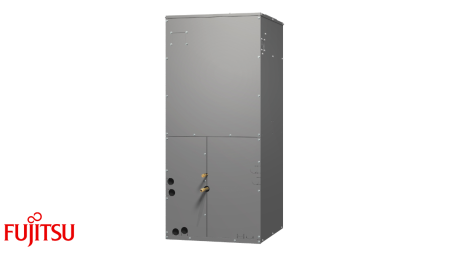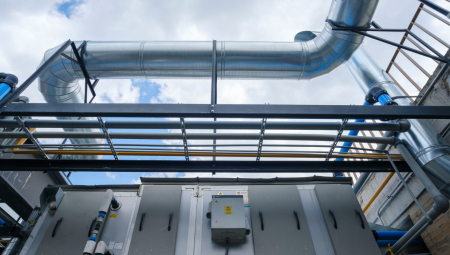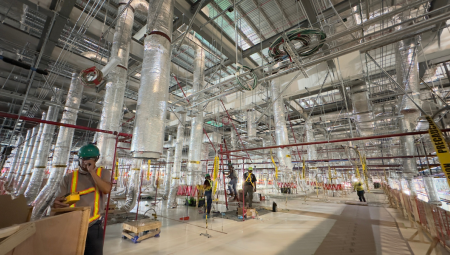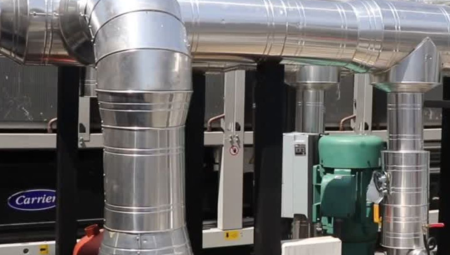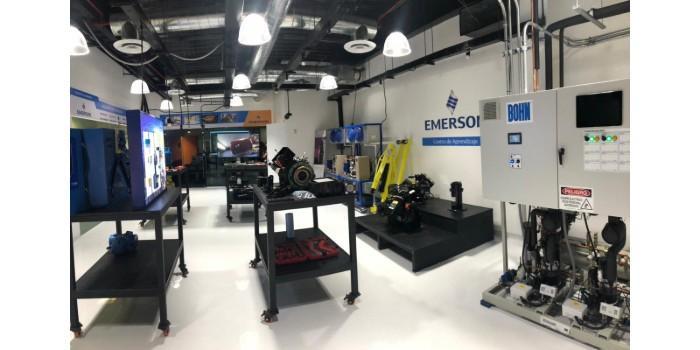 Today more than ever, technical training is essential at all professional levels within our industry.
Today more than ever, technical training is essential at all professional levels within our industry.
by Eng. Carlos C. Obella*
In no order of importance, Consultants, Design Engineers, Sales and Marketing Professionals, Manufacturing Line Personnel and Equipment Assembly, Assembly, Installation, Service and Maintenance Technicians, Equipment End Users ... all require more and better training to face the challenges that the air conditioning and refrigeration market presents today. Here are some examples of why:
Commercial Refrigeration System Architecture
Trends in terms of sustainability that seek to reduce refrigerant gas loads and leaks have driven a wide variety of cooling system architectures that must be understood in depth, in order to be able to comparatively discuss their advantages and disadvantages, their potential benefits, their effectiveness and energy efficiency, its installation, operation, maintenance and final disposal costs, in addition to its environmental impact, among other important aspects to consider and weigh.
From self-contained equipment, through decentralized systems that apply condensing units; from there to centralized, distributed, micro-distributed, or secondary cycle systems; to which are added pure and hybrid cascade systems and two-stage systems (called "Booster"). All these variants, believe it or not, are present and active today in Latin America. And in certain cases, more than one type of system architecture can be present in the same commercial premises, in high, medium or low temperature applications, in combination with air conditioning.
Refrigerants
The complexity becomes even greater when the different system architectures are combined with the different current refrigerant options, both synthetic and natural. The former include substances commonly referred to as HFCs (Hydro-Fluorine-Carbides), which are applied purely or in zeotropic and azeotropic mixtures.
Azeotropic mixtures behave like pure substances during evaporation and condensation at constant temperature and pressure. While the components of the zeotropic mixtures will evaporate and condense at different temperatures at the same pressure, a phenomenon known as slippage or "glide".
As part of the composition of the new mixtures, new substances such as Hydro-Fluoro-Olefin, known as HFOs, have been included, which can also be applied as pure substances in refrigeration systems operating at low pressures.
Natural refrigerants have been present in the industry since the very beginning of the refrigeration industry. Such is the case of carbon dioxide (CO2) and ammonia (NH3), to which certain hydrocarbons (HC) such as propane and isobutane are added, among the most common.
The complexity becomes even greater if one considers that some zeotropic mixtures combine synthetic and natural components in different proportions.
There may be more than one type of refrigerant present in different refrigeration circuits of the same system (cascade), or in combination with intermediate fluid circuits, which do not change state, such as glycol (secondary cycle).
In most cases, the refrigerant applied by the refrigeration system is not the same as that applied by the air conditioning system, adding even more complexity.
The choice of the type of refrigerant is based on aspects related to safety (flammability, toxicity, high pressures), economy (the cost of the refrigerant and that of its implementation), performance (theoretical and practical) and existing environmental regulations, and it turns out to be always a choice in which some of the aforementioned aspects are compromised. There are no solutions that comply one hundred percent with each and every one of the premises: safety, economy, performance, and current regulations.
Digitalization, connectivity, electronic integration
The current trend is to control the different combinations between systems and refrigerants using electronic devices. These devices receive input signals from sensors and transducers, which are processed by control algorithms to generate output signals, both analog and digital.
The basic control parameters can be temperature and pressure, to which the flow of air, water or intermediate fluid can be added; or electrical parameters such as consumption in Amper and voltage, which are combined by certain algorithms to measure and control energy consumption. Other types of sensors allow to detect the presence of gases for the purpose of detecting leaks. And there's so much more...
The interaction of electronic devices with the user can be local (visual, sound or a combination of both) or remote, in real time, or through records or records visible through monitoring systems that allow, among other things, to alert, diagnose and actively protect the integrity of the system, and thus ensure the conservation and quality level of the fresh products stored.
In turn, each electronic device can fulfill its function individually or it can be integrated and communicated with other devices through various open or closed communication protocols. The ability to integrate can expand through the Internet of Things (IoT) and involve air conditioning systems for comfort, ventilation, lighting, and other services.
The generation and recording of data from different key electronic components can be transformed into valuable information through executive processors that apply advanced software, with the purpose of helping the user to make better operational decisions. Finally, the totality of the information can remain accessible and be stored unlimitedly on servers interconnected through "The Cloud".
Conclusion: training is indispensable
Innovative companies that offer the technologies described above see the need to train their own technical staff, that of their customers and that of the end users in the fundamentals of various technical disciplines such as thermodynamics, chemistry, control systems, electronics and computer science, among others.
This training must be practical and very effective, using educational means available online, videos, advanced simulators, virtual reality, among other tools, to the point of transforming this training into a true educational experience. This is the function of the so-called Learning Centers.
Emerson has two of these advanced Centers strategically located in Brazil and Mexico. Each Learning Center is able to simulate a wide and varied number of different refrigeration and air conditioning applications for educational purposes, offering flexible training programs, which can be adapted to specific needs.
These true sources of knowledge are also open to educational entities, such as universities, and vocational training schools, with the purpose of developing technical skills in various areas of industry.
The doors of these Learning Centers are open to professional associations that wish to train and certify their affiliates in various disciplines, and also for government entities that seek to train professionals in good practices, aimed at complying with standards and regulations, environmental and energy efficiency, both current and future.
In short, each Emerson Learning Center is an ideal place to live a true educational experience, expand our knowledge and expand thinking, as well as being a source of innovative ideas, generated in a collaborative environment, to face present and future technological challenges.
* Carlos C. Obella is the Vice President of Service Engineering and Product Manager for Emerson Commercial and Residential Solutions, Latin America.


